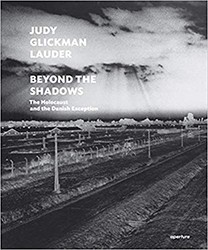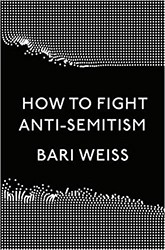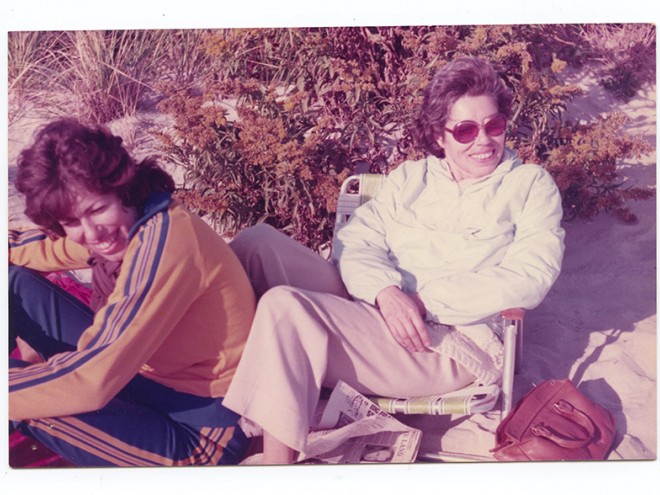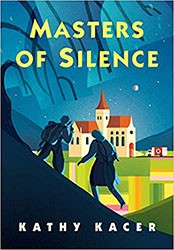Part murder mystery, part social history of political violence, Lethal Provocation is a forensic examination of the deadliest peacetime episode of anti-Jewish violence in modern French history. Joshua Cole reconstructs the 1934 riots in Constantine, Algeria, in which tensions between Muslims and Jews were aggravated by right-wing extremists, resulting in the deaths of twenty-eight people.
Animating the unrest was Mohamed El Maadi, a soldier in the French army. Later a member of a notorious French nationalist group that threatened insurrection in the late 1930s, El Maadi became an enthusiastic supporter of France’s Vichy regime in World War II, and finished his career in the German SS. Cole cracks the “cold case” of El Maadi’s participation in the events, revealing both his presence at the scene and his motives in provoking violence at a moment when the French government was debating the rights of Muslims in Algeria. Local police and authorities came to know about the role of provocation in the unrest and killings and purposely hid the truth during the investigation that followed. Cole’s sensitive history brings into high relief the cruelty of social relations in the decades before the war for Algerian independence.





